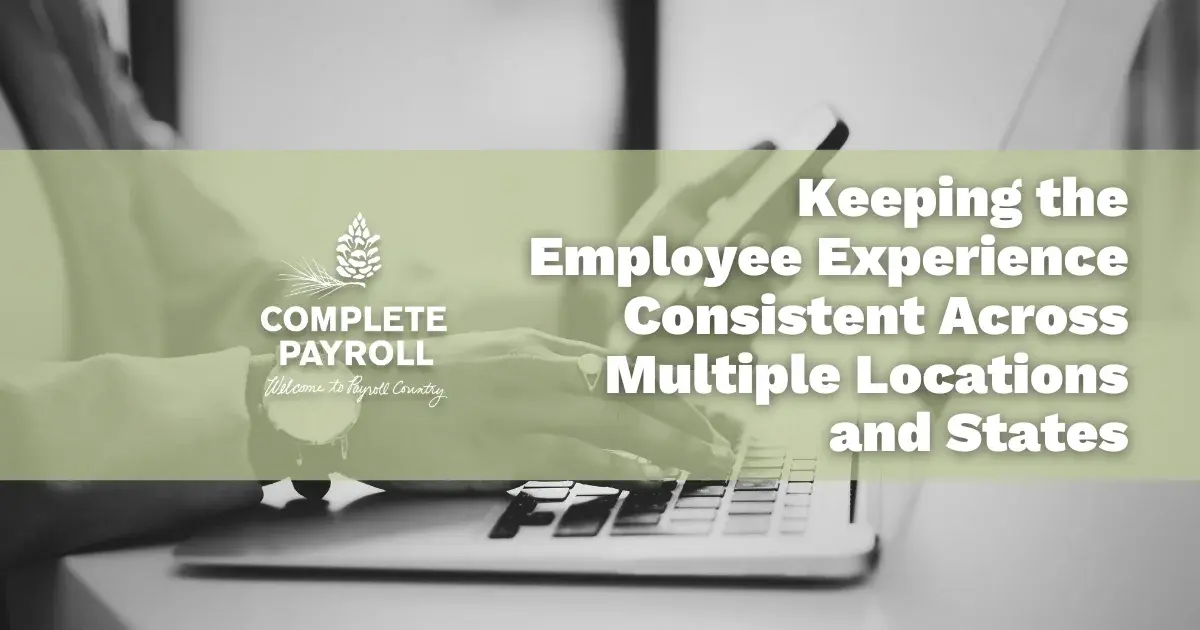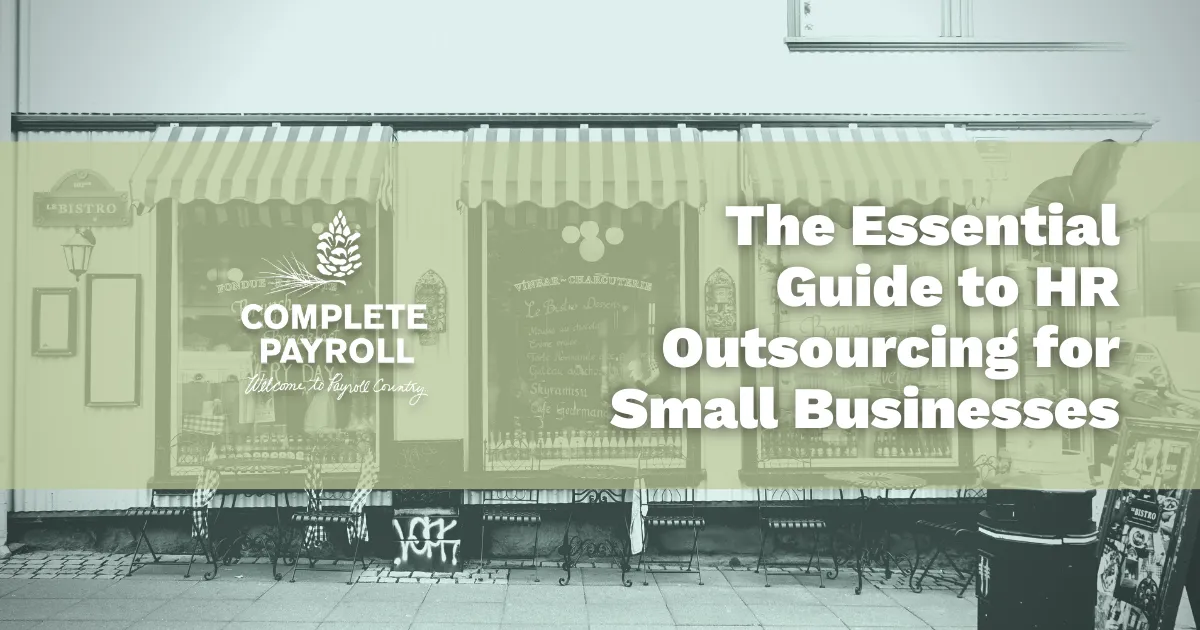
Alcoholism in the workplace creates a variety of business and legal HR issues. The related costs of increased employee absenteeism, medical benefits usage, workers’ compensation claims, and many other concerns can put significant strain on a small to mid-sized business with limited resources. Moreover, federal and state disability as well as leave laws add to an already complex and sensitive situation.
So, what does an employer need to understand to effectively address alcohol in the workplace?
Alcoholism is a protected disability
The federal Americans with Disabilities Act (ADA), which applies to employers with 15 or more employees, considers alcoholism to be a protected disability and defines an employee as having a covered disability if the individual:
- “Has a physical or mental impairment that substantially limits one or more major life activities of such individual; or
- Has a record of such an impairment, or
- [Is] regarded as having such an impairment.”
An employee generally must have either a physical or mental impairment to be considered disabled. While the ADA does not define further these terms, the Equal Employment Opportunity Commission’s (EEOC) respective regulations do define both impairments and include alcoholism, visual or speech impairments, as well as emotional illness.
As a result, employers need to be aware of and be prepared to potentially provide reasonable accommodations. First of all, the employee must request an accommodation. If the employee does not tell the employer of his or her disability and request a reasonable accommodation, the employer is not necessarily obligated to accommodate. Still, employers are expected to engage in some form of “good faith efforts” without creating undue hardship to the business.
Employers also should avoid referring to an employee as an “alcoholic.” If the employee denies having such a problem, the employer is advised to accept the employee’s response or risk a disability lawsuit from an employee who was allegedly “regarded” as having an alcoholism disability and therefore was terminated.
Factoring in the hiring process
The EEOC prohibits alcohol-testing in a pre-job offer medical exam. While an employer may ask a job applicant if he or she drinks alcohol (assuming the question is relevant to job performance), the employer cannot inquire if the applicant is an alcoholic. After extending a conditional job offer, however, the employer may ask the individual about past or present alcohol use and thus possibly require testing.
Note that federal law prohibits from discriminating against applicants who:
- Successfully rehabilitated from past alcohol abuse,
- Presently participates in a rehabilitation program, or
- Were falsely rumored to have abused alcohol but did not actually and do not currently abuse them.
Furthermore, drug testing laws do vary from state to state.
FMLA qualifying event
An employee may be eligible for a leave of absence under the federal Family Medical Leave Act (FMLA) if he or she has a serious health condition making the employee unable to perform the essential job functions of the position. Having been administered treatment by a health care provider, alcoholics are generally recognized to have a serious health condition according to the FMLA.
While taking an approved leave of absence to undergo a treatment program is the most common reasonable accommodation employers provide for alcoholic employees, the Department of Labor clearly expresses that FMLA covers only absences needed to obtain treatment and not absences caused by alcohol use (e.g. time spent arrested in jail).
Work performance issues
Under the ADA, an employer should hold an alcoholic employee essentially to the same job performance and behavior standards it establishes for all of its employees. If an employee performs similarly as others in his or her essential job functions, the employer cannot discharge the individual for being an alcoholic. Employers should have clearly communicated job descriptions and workplace behavior standards as well as alcohol and drug use policies in the Employee Handbook.
Employees with alcohol abuse tend to exhibit the following work performance warning signs:
- Recent significant inability to meet deadlines;
- Increased mistakes and errors in judgment;
- Excessive tardiness, absenteeism, and / or early departures;
- Confrontations with peers and / or clients;
- Insubordination toward supervisors;
- Erratic behavior including depression and agitation;
- Drowsiness, slurred speech, and lack of focus;
- Poor personal hygiene; and
- Smell of alcohol.
If an employee performs similarly as those with the same essential job functions, the employer cannot discharge the employee simply for being an alcoholic. Employers need to have clearly communicated job descriptions and expectations, as well as Employee Handbook alcohol and drug use policies.
If an employee’s performance may be linked to alcohol abuse, the supervisor needs to identify the performance issues, meet with the employee, and determine the underlying causes, and document the meeting discussion. If the employee acknowledges possible alcoholism, the record should be placed in his or her confidential medical file and not in the employee’s general employment file. The supervisor is also recommended to present or remind the employee of relevant support services (i.e. Health benefits, time off for rehabilitation, and employee assistance programs).
Termination?
If the employee continues with performance problems and does not undergo rehabilitation and treatment, the supervisor may offer a “last chance” agreement with the individual. The signed agreement would summarize the poor performance issues attributed to alcoholism, the action plan to remedy the situation, and any discussion of rehabilitation options. Part of the agreement also should include the employee’s authorization for the employer to test for alcohol and to terminate the individual’s employment should he or she fail to remain free from alcohol abuse.
Supervisors must avoid the impression that alcoholism is the reason an employee is subject to discipline. Moreover, any reports of harassment or discrimination related to an employee in treatment must be investigated and promptly addressed.
Left unchecked, alcoholism in the workplace will disrupt productivity efforts, add unnecessary business costs, and cut into employee morale. On the other hand, creating an environment and enforcing measures conducive to wellness, safety, and high performance will be a very prudent choice. Your role, accountabilities, and actions as an employer all play a crucial influence in protecting the health of your business as well as your employees.
For more information and insights into the laws, best practices and complexities around terminating employees, check out our resource page, A Complete Guide to Employee Terminations. It's an all-in-one page that includes thorough insights, instructions and plenty of links to other helpful resources.
Additionally, here are some other articles that focus on the difficult subject of terminating employees:
- How to Script Your Termination Meeting
- Can You Fire An Employee For Something They Did Outside of Work?
- Paying a Terminated Employee Their Last Paycheck
- About Leave of Absence Employee Terminations
- How to Measure and Minimize Employee Turnover
- How to Handle an Employee That's Abusing Your Sick Leave Policy
- How to Terminate an Employee in New York State
- Can You Terminate an Employee on Leave?
- The Difference Between a Severance Package and a Severance Agreement
- 3 Exceptions to At-Will Employment
- How to Handle an Immediate Employee Termination
- Termination Meetings: Where and When to Conduct the Most Difficult Conversation
- Alternatives to Employee Terminations
- Can You Terminate an Employee Over the Phone?
- Can You Fire An Employee For Something They Said Online?
- How to Inform Your Staff About a Terminated Employee
- When Should You Fire An Intern?
- Can You Fire An Independent Contractor?

















.webp?width=600&height=400&name=Alcohol%20workplace_11zon%20(1).webp)

 Get Instant Blog Notifications
Get Instant Blog Notifications


